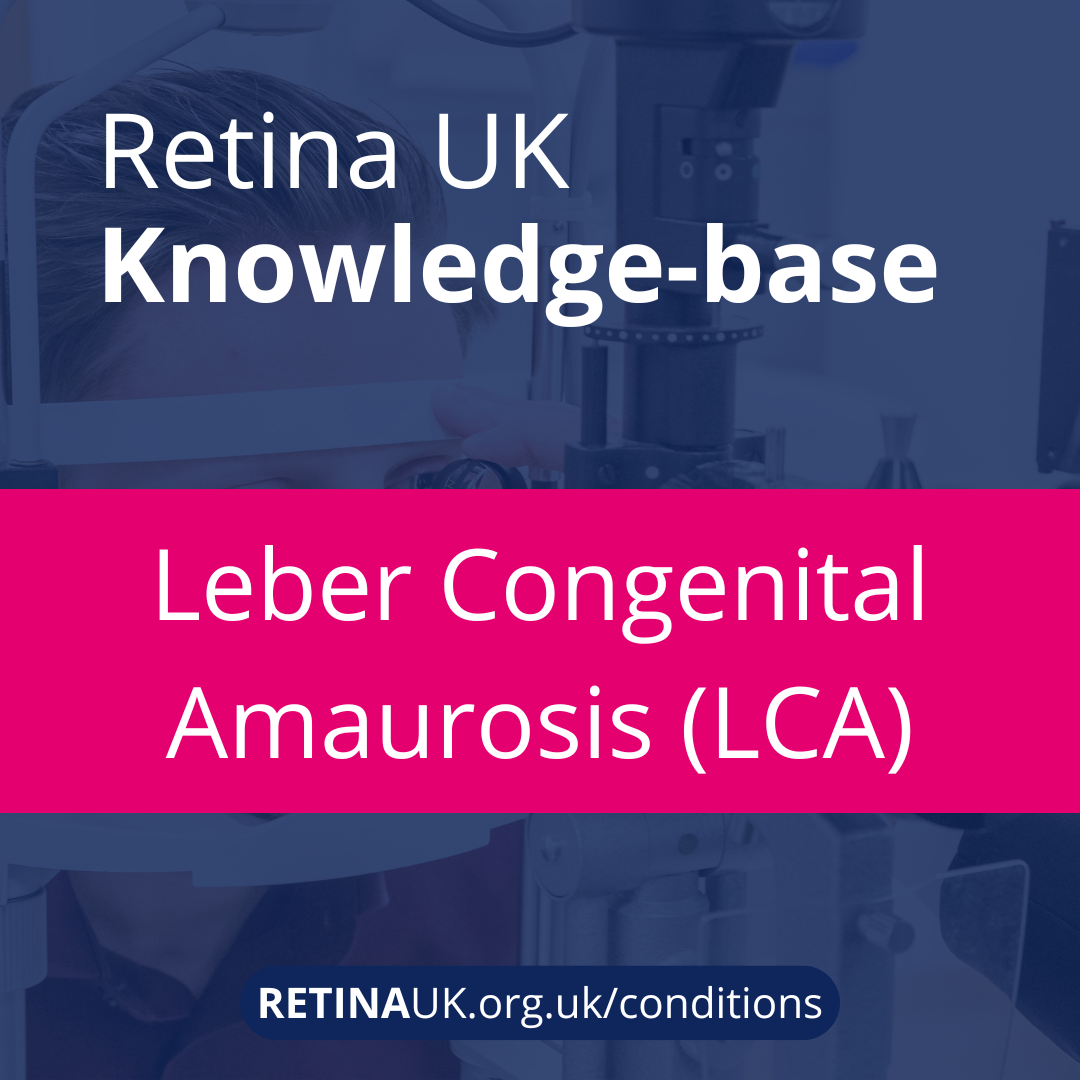Research we fund
We are currently funding a range of exciting projects and programmes, all of which aim to enhance our understanding of inherited sight loss, and inform the development of treatments for the estimated two million people affected worldwide.







